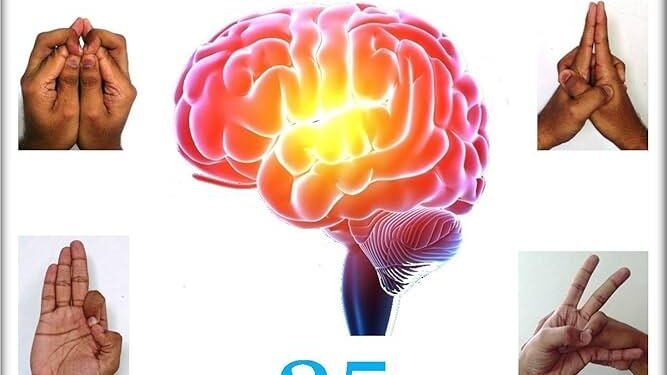In an era where information is abundant and attention spans are limited, boosting memory has become a priority for many. National Geographic delves into the science behind six proven strategies that can enhance your cognitive recall. Drawing on the latest research, these techniques offer practical ways to sharpen memory, improve focus, and support long-term brain health. Whether you’re a student, professional, or lifelong learner, understanding and applying these methods could make a significant difference in how you retain and retrieve information.
Science Explains How Sleep Enhances Memory Consolidation
Scientific research reveals that sleep plays a crucial role in transforming fleeting experiences into long-lasting memories. During deep sleep phases, particularly slow-wave sleep, the brain actively replays and strengthens neural connections related to newly acquired information. This process not only stabilizes memories but also integrates them into existing knowledge networks, enhancing recall and comprehension. Electrophysiological studies highlight that hippocampal and cortical regions coordinate during these sleep stages, orchestrating the consolidation process essential for durable learning.
Experts emphasize several key mechanisms through which sleep enhances memory retention:
- Synaptic Homeostasis: Sleep balances synaptic strength, preventing overload and supporting efficient neural communication.
- Replay of Neural Activity: Patterns of brain activity experienced during the day are replayed and reinforced during sleep cycles.
- Clearance of Metabolic Waste: Sleep facilitates the removal of neurotoxins, protecting brain cells critical for memory.
| Sleep Stage | Function in Memory | Duration (Typical Cycle) |
|---|---|---|
| Slow-Wave Sleep | Memory stabilization & transfer | 30-60 minutes |
| REM Sleep | Emotional memory processing | 10-30 minutes |
Nutrition’s Role in Boosting Brain Function and Retention
Scientific research increasingly reveals that what we eat has a profound impact on cognitive performance and memory retention. Nutrients such as omega-3 fatty acids, antioxidants, and B vitamins play pivotal roles in supporting brain structure and functionality. For instance, omega-3s, abundant in fatty fish like salmon, contribute to the maintenance of neuron membrane integrity and facilitate efficient neurotransmission. Meanwhile, antioxidants found in berries combat oxidative stress-a key factor in cognitive decline-helping to preserve neural pathways essential for memory consolidation.
Incorporating certain brain-friendly foods into your daily diet can offer notable benefits. Consider integrating:
- Leafy greens rich in folate and vitamin K
- Nuts and seeds packed with vitamin E and healthy fats
- Whole grains that provide steady glucose supply for brain energy
| Nutrient | Primary Brain Benefit |
|---|---|
| Omega-3 Fatty Acids | Enhanced synaptic plasticity |
| Antioxidants | Protection against oxidative damage |
| B Vitamins | Improved memory and reduced brain shrinkage |
Practical Techniques to Train Your Brain for Long-Term Recall
Harnessing spaced repetition stands out as one of the most reliable methods for embedding information deep into your memory. This technique relies on strategically reviewing learned material at increasing intervals-pushing the brain to retrieve and reinforce the memory without cramming. Coupled with active recall exercises, like self-quizzing, it transforms the brain from a passive receiver into an engaged participant, boosting retention significantly over time.
Visual mnemonics also play a crucial role in elevating memory performance. By associating facts or concepts with vivid, often absurd imagery, these mental cues make retrieval easier and more accurate. Structured mind maps or concept charts act as visual compasses, guiding the brain through complex information landscapes. Utilize techniques like chunking and storytelling to create memorable mental frameworks that convert raw data into accessible knowledge.
To Wrap It Up
As memory continues to play a crucial role in our daily lives, these six science-backed strategies offer practical ways to enhance cognitive function and retain information more effectively. From lifestyle adjustments to evidence-based techniques, adopting these approaches can help individuals of all ages improve their recall and mental agility. National Geographic will continue to explore the latest research in neuroscience and cognitive health, bringing you actionable insights to keep your mind sharp in an increasingly information-driven world.










